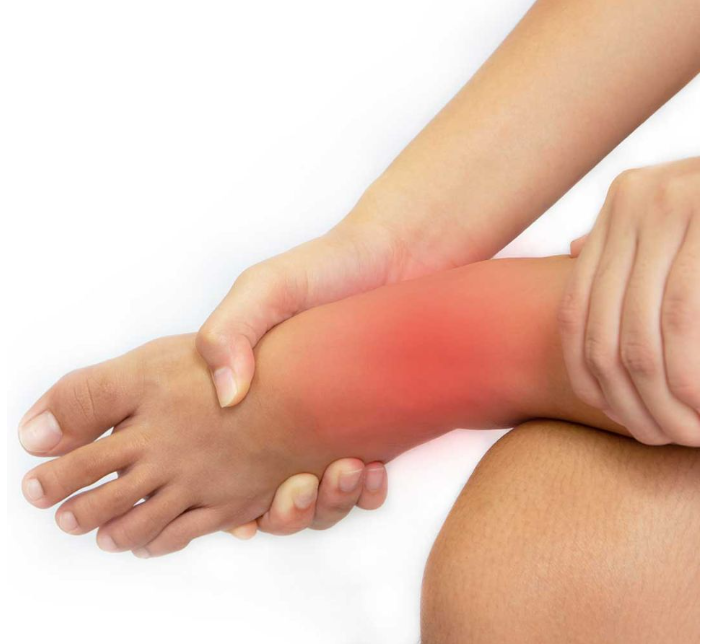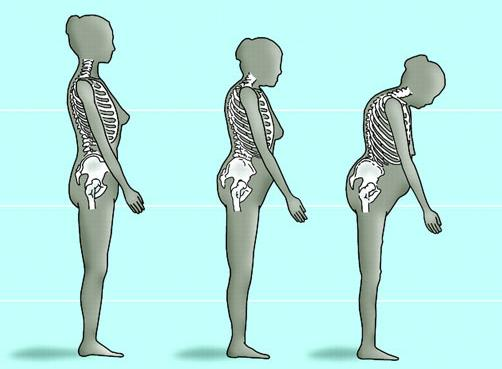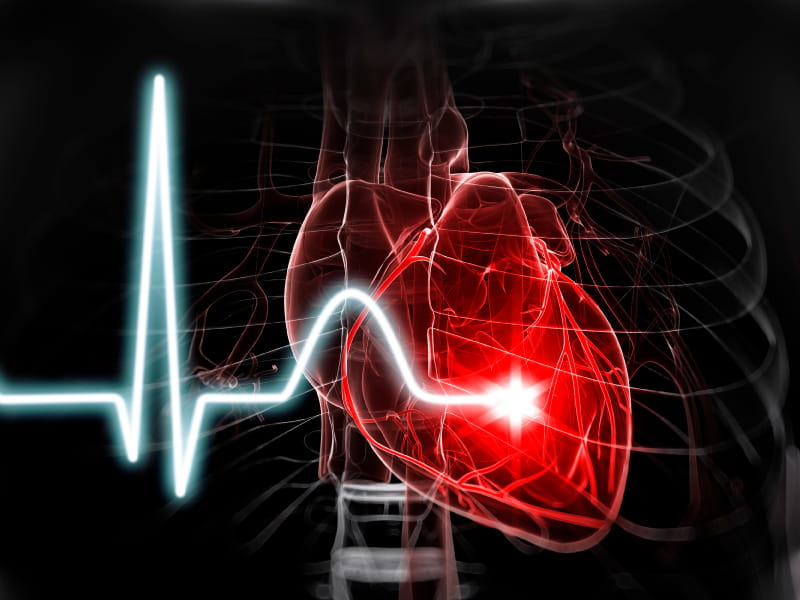Calcium is a crucial mineral that plays a vital role in maintaining strong bones and teeth, muscle function, nerve transmission, and overall cardiovascular health. Despite its importance, many people unknowingly suffer from calcium deficiency, which can lead to serious health issues if left untreated. Recognizing the warning signs early can help you take action to prevent further complications and safeguard your well-being.
In this article, we’ll explore the top 10 signs of calcium deficiency and what you can do to ensure you’re getting enough of this essential nutrient.

Understanding the Importance of Calcium
Calcium isn’t just important for bone strength; it supports a wide range of bodily functions. It helps your muscles contract, enables blood to clot, and keeps your heart beating regularly. Without adequate calcium, the body starts pulling this mineral from your bones, weakening them over time and potentially leading to serious conditions like osteoporosis.
Ensuring you’re getting enough calcium is critical for both short-term health and long-term wellness, especially as you age. So, how do you know if you’re running low on calcium? Here are the most common signs to watch out for.
1. Fragile and Brittle Nails
If your nails seem to break at the slightest pressure or they’re constantly peeling, this could be one of the first visible signs of calcium deficiency. Brittle, fragile nails often indicate that your body is not getting enough calcium to maintain their strength and health. Incorporating more calcium into your diet can help strengthen your nails over time.
2. Frequent Muscle Cramps
Do you experience muscle cramps, especially in your legs and feet? Persistent muscle spasms could be a red flag for low calcium levels. Since calcium helps regulate muscle contractions, a deficiency can lead to increased nerve sensitivity, causing uncomfortable cramps and spasms. Adding calcium-rich foods to your diet may alleviate these symptoms.
3. Dental Problems
Calcium plays a key role in keeping your teeth healthy and strong. Without enough calcium, you might notice tooth decay, gum disease, or even brittle teeth. Because your teeth rely on calcium to stay strong, a deficiency can result in increased visits to the dentist. If you’re experiencing frequent dental issues, it might be time to assess your calcium intake.
4. Tingling in Hands and Feet
A less obvious but important sign of calcium deficiency is a tingling sensation or numbness in your extremities—particularly in your hands and feet. This occurs because low calcium levels can affect nerve function, causing unusual sensations like tingling, numbness, or a pins-and-needles feeling.
5. Osteopenia and Osteoporosis

Over time, calcium deficiency can lead to more serious conditions like osteopenia and osteoporosis. Osteopenia is characterized by lower-than-normal bone density, which can progress to osteoporosis if left untreated. Osteoporosis is a condition where bones become so weak and brittle that they are prone to fractures. Regular calcium intake is essential in preventing these conditions.
6. Fatigue and Overall Weakness
Feeling chronically tired or weak without a clear reason? Calcium deficiency might be the culprit. Since calcium plays a role in energy production and muscle function, low levels can leave you feeling fatigued and physically weakened. If you’re constantly feeling drained, despite getting enough sleep, you may want to check your calcium levels.
7. Dry Skin and Coarse Hair
Calcium deficiency doesn’t just affect your bones and muscles—it can also show up in your skin and hair. If your skin is unusually dry or your hair feels coarse and brittle, a lack of calcium could be the reason. Calcium helps maintain healthy cells, and its deficiency can impair your skin’s moisture barrier and overall hair health.
8. Irregular Heartbeat

Calcium plays an essential role in maintaining heart health by helping the heart muscle contract efficiently. Irregular heartbeats or palpitations could signal a calcium deficiency. If you notice your heart skipping beats or beating erratically, it’s essential to address your calcium intake and consult a healthcare professional to avoid potential cardiovascular complications.
9. Brain Fog and Memory Issues
Ever felt like you’re in a mental fog? Brain fog, poor concentration, and even memory problems can sometimes be traced back to calcium deficiency. Calcium helps in neurotransmitter release and overall brain function, meaning a shortage could lead to cognitive decline. If you’ve been struggling with mental clarity, it may be time to consider if you’re getting enough calcium.
10. Poor Appetite and Digestive Problems

Calcium is crucial for muscle contraction, including those in your digestive system. If you’re not getting enough, you may experience poor appetite, abdominal cramps, or even constipation. Digestive muscles need calcium to function correctly, and without it, they struggle to keep things moving as they should.
Preventing Calcium Deficiency
Addressing calcium deficiency early on is crucial for preventing long-term health complications like osteoporosis and heart problems. Here’s how you can make sure you’re getting enough calcium in your daily life:
Calcium-Rich Foods to Include in Your Diet

To meet your body’s calcium needs, it’s essential to consume a balanced diet rich in calcium. The most well-known sources are dairy products like milk, cheese, and yogurt. However, if you’re lactose intolerant or following a plant-based diet, don’t worry—there are plenty of other options:
- Leafy greens like kale, spinach, and collard greens
- Fortified cereals and plant-based milks
- Almonds and chia seeds
- Tofu and edamame
Ensuring that you incorporate these foods into your meals can help keep your calcium levels in check.
The Role of Supplements in Maintaining Calcium Levels
If you’re struggling to get enough calcium from your diet alone, supplements can help. Calcium supplements come in various forms, such as calcium carbonate or calcium citrate, and they can be an effective way to meet your daily needs. However, it’s important to consult with a healthcare provider before starting any supplements, as too much calcium can have its own risks.
When to Seek Medical Advice

If you’re experiencing several signs of calcium deficiency, it’s important to seek medical advice. A doctor can perform a blood test to measure your calcium levels and recommend appropriate steps to correct any deficiencies. They may suggest dietary adjustments, supplements, or further medical intervention based on your individual needs.
Conclusion: Stay Proactive About Calcium for Long-Term Health
Calcium is an essential nutrient that affects far more than just your bones and teeth. From your heart and muscles to your skin and hair, calcium plays a critical role in keeping your body functioning properly. Recognizing the signs of calcium deficiency early on can help you take proactive steps to improve your intake and maintain long-term health. Whether through dietary changes or supplements, ensuring your body gets enough calcium will support your well-being for years to come.


